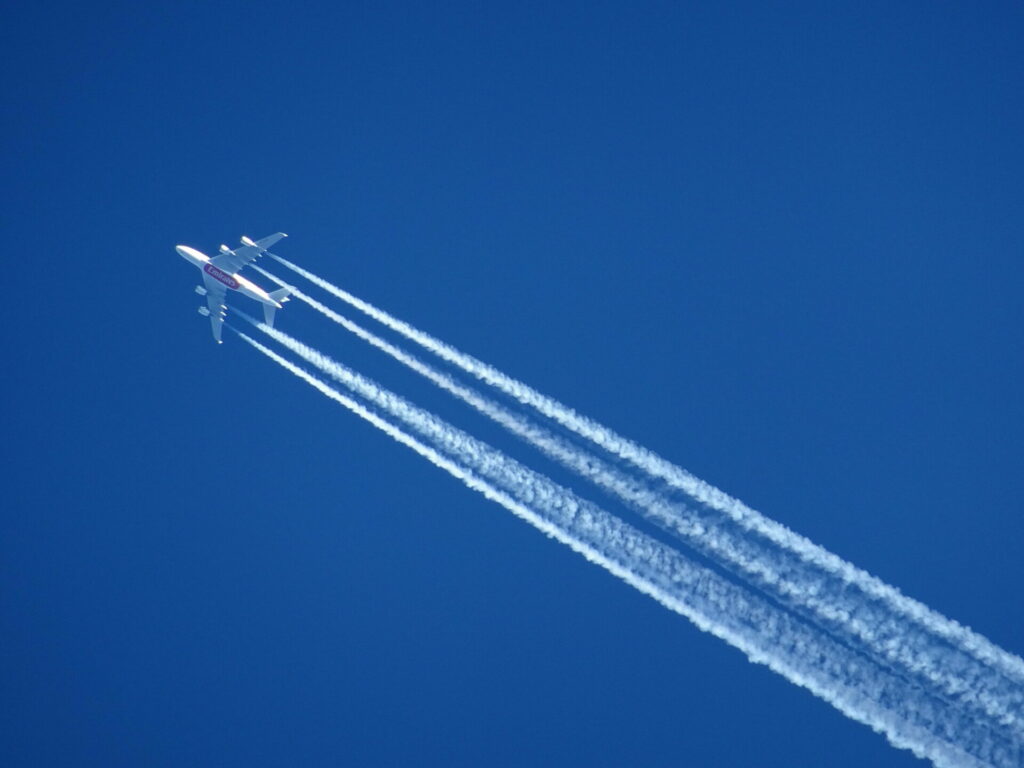Over two million Belgian citizens – 20% of the population – are exposed to ultrafine particle (UFP) pollution and are at greater risk of respiratory and cardiovascular disease as a result.
A study conducted by NGO Transport & Environment (T&E) reveals that over 52 million Europeans living in the vicinity of 52 different airports are exposed to UFPs, one of aviation's "non-C02 emissions" that inflict serious damage on health and the environment.
According to Belgian environmental association Canopea, this impacts over two million Belgians living within 20 kilometres of one of the country's airports. UFPs are released by planes when they are airborne, and at a larger rate when taking off and landing. The particles penetrate human bodies and increase the risk of respiratory and cardiovascular illness as well as problems during pregnancy.
In addition, the study notes a strong correlation between living close to an airport and living on a low income.
"The UFP issue is, unfortunately, yet another illustration of how the economic profit of a very small proportion of the population takes precedence over the health of everyone, especially the poorest," commented the X. "When scientific evidence accumulates, it is often decades before binding measures are put in place to protect people's health."
"This is clearly intolerable and in total violation of human rights, since 'the right to a clean, healthy and sustainable environment' has been enshrined in human rights law since 8 October 2021."
Zero regulation
The study links 280,000 hypertension cases, 330,000 diabetes cases and 18,000 dementia cases across Europe to UFP pollution. In Belgium, there have been 8,716 hypertension cases, 9,297 diabetes cases and 607 dementia cases around Brussels Airport which Canopea believes may also be connected to UFP emissions.
Despite the World Health Organisation (WHO) warning about the negative consequences of UFPs 15 years ago, there is still no regulation in place to mitigate the pollutant's presence in the air. Canopea recommends the use of higher quality aviation fuel to reduce UFP presence by up to 70%.

